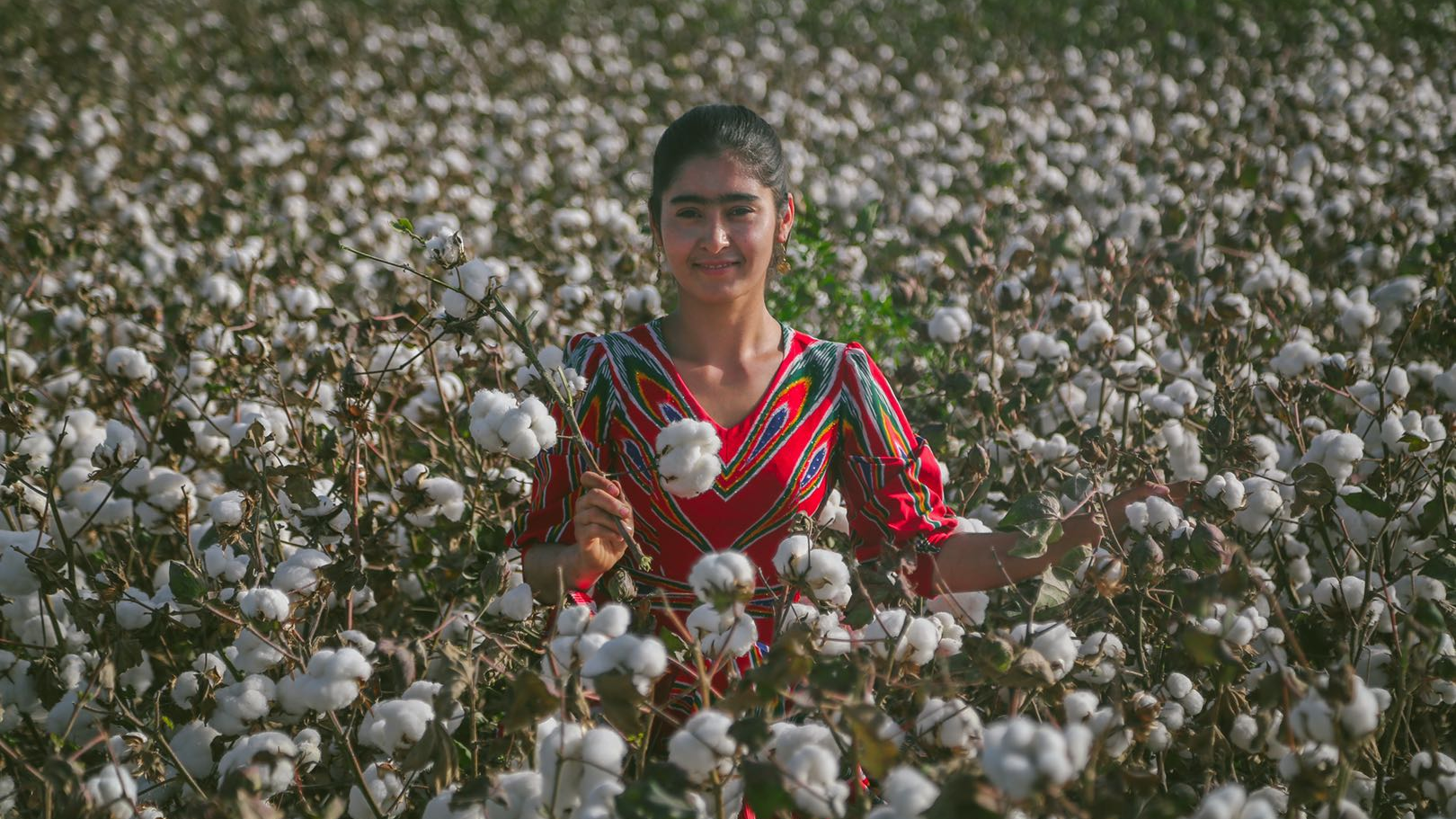Xinjiang Cotton in the Crosshairs: EU cracks down on forced labor
The European Parliament recently took a significant step towards eradicating forced labor from its market. They approved a new regulation designed to ban products linked to modern slavery. While the law applies globally, it's seen as a direct challenge to countries like China, where concerns about state-sponsored forced labor persist, particularly in the Xinjiang region.
Decoding the new rule
This new regulation isn't a simple import ban. It establishes a more comprehensive framework to identify and eliminate forced labor within EU markets. Here's the breakdown:
- Increased scrutiny: National authorities and the European Commission gain the power to investigate products suspected of being tainted by forced labor. This can include garments made from cotton.
- Banning power: Based on investigations, authorities can prohibit the sale of products linked to forced labor within the EU.
- Global reach: The regulation applies to products manufactured anywhere in the world, including those made outside the EU with cotton from Xinjiang.
Impact on Xinjiang cotton imports
The regulation poses a major challenge for EU imports of garments using Xinjiang cotton. With stricter tracing, now companies will need robust systems to trace the origin of their cotton and ensure it's not sourced from Xinjiang's potentially forced labor network. Garments with suspected links to Xinjiang cotton could face bans, disrupting supply chains and causing financial losses for companies. This could lead to:
- Reduced imports: EU companies might shift sourcing to regions outside Xinjiang, potentially impacting China's cotton exports.
- Increased scrutiny: Expect more rigorous due diligence by EU companies on their supply chains to ensure compliance.
Similar actions by the US?
The US has indeed been pushing for similar actions. They have already imposed import bans on some goods suspected to be made with forced labor in Xinjiang. The EU's move reflects a growing international consensus against forced labor and strengthens existing efforts. This new EU regulation strengthens the international pushback against these practices.
Gains for India
The EU's regulation presents a potential opportunity for the Indian textile and garment industry. As EU companies seek alternative cotton sources, India, a major cotton producer, could benefit from increased demand. However, capitalizing on this opportunity hinges on India's ability to:
Scale up production: India needs to ensure sufficient production capacity to meet the potential rise in demand.
Competitive pricing: Indian producers must offer competitive pricing compared to other cotton sources.
Transparency and traceability: Building robust traceability systems will be crucial to reassure EU companies about ethical sourcing practices.
The new regulation is expected to come into force in 2027, pending final approval from EU member states. While its full impact remains to be seen, it represents a significant step towards a more ethical and transparent global supply chain. This could have far-reaching consequences for the garment industry, particularly for companies reliant on cotton sourced from China's Xinjiang region.

